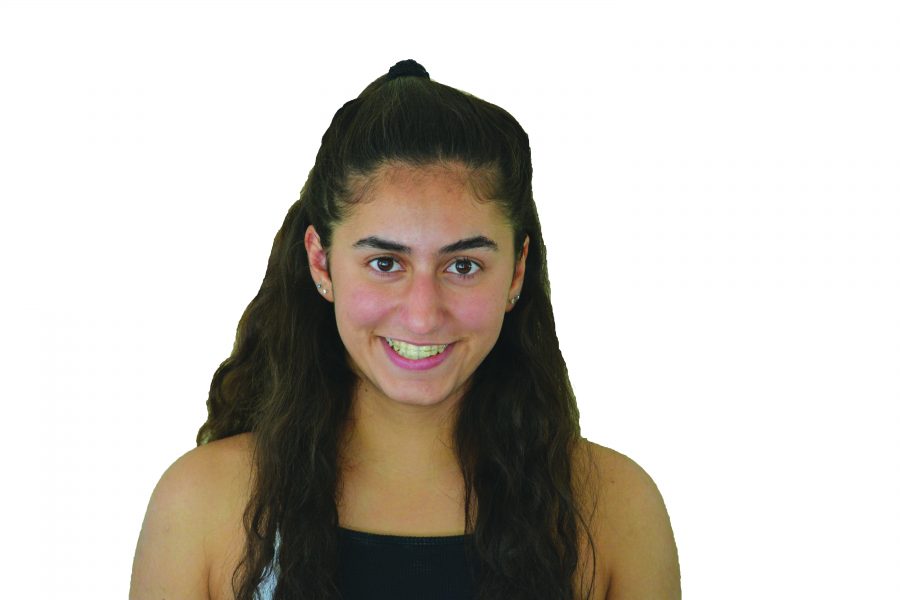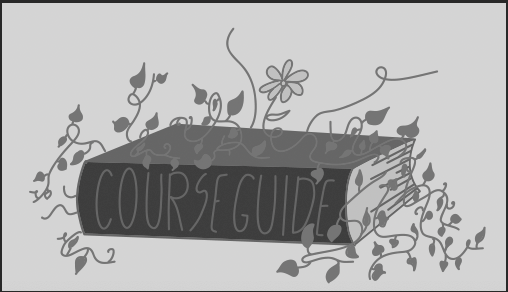I was failing English. My five-year-old self (excuse me, my five-and-a-half-year-old self) had guessed as much as I watched my grumpy, frail kindergarten teacher pull my mother aside that chilly spring day. As my eyes darted from word to unrecognizable word on the board before me, the assistant teacher’s face growing more and more disappointed as I struggled to produce more than one-syllable words, I watched my other teacher explain my shortcomings to my parent. Though practically still illiterate, I didn’t miss her quick gestures to me or the insect-like flutter of her bony fingers as she painted the situation with her hands. It wasn’t just that I was painfully shy, her lips seemed to be saying, or that I didn’t like to speak up that much, but that I was incapable of reading the shortest of sentences. My mother, who had placed a grim, thoughtful expression on her face, looked back at me, and I focused on her playful, shining eyes, the only acknowledgement of the secret we were sharing.
I was a year too young when I was accepted in my private elementary school. Unsure of what to do, my parents enrolled me in a nearby public school, and waited. The school year was punctuated with missed days and a string of tardies that gave away my parents’ outlook that this year was not a serious one – that I could just learn everything for real the next year. My childhood self, unaware that the cause of my struggles was a literal lack of time at school, just assumed that I was naturally bad at reading and writing. And so, six months later on my second first day of kindergarten, 30 minutes early and buttoned up in a little uniform, I expected that year would be no different.
The first subject I ever loved was science. Whether a result of my scarring first year of kindergarten (which I’m still bitter about) or because my parents had both majored in that field, I had an aptitude for numbers and theories early on. Instead of Disney Channel or Nickelodeon, I grew up watching Science Channel every day, embracing its slogan of “question everything” with intense fervor as I blossomed into an inquisitive and curious child. Science was a beautiful harmony of fact and fiction, of stability and possibility, and the realization that nothing is certain yet everything could be attempted to be understood helped me take more risks. As I graduated to tween-hood, my five-year-old self wouldn’t have been able to recognize the person I had become, the confident girl who raised her hand and asked questions and embraced the pursuit of knowledge without fear.
I say this all because though I now find more comfort in words and stories than numbers and problems, I am still a little scientist in my heart. And contrary to what we have grown to believe, science is not rote memorization or cold-hard fact or useless information. It is possibility and make-believe and observation and perseverance. It is tirelessly recording data and research but also exploring and dreaming up new theories. I feel, most passionately, that science the perfect blend of all other subjects, but that we have forgotten its significance.
We need science to understand our world. When people discredit the progress of science, they are not just ignoring indisputable numbers and logic, but people and theories and imagination. The scientific method is not just an organized way to make sense of our world, but allows us to dream and question. Thwarting it undermines our freedom to challenge the status quo and think independently.
We need to remember the power of science. Science is not the eccentric brother of math or distant cousin of the humanities, it is a subject that helps us not only understand our world better but teaches us to be curious and disciplined and inquisitive. We need to support our scientists and local museums and research facilities. We should try to find ways to continue studying science, even if we can’t at school, because the lessons it teaches us go further what we are tested on in class. And in the wake of Earth Day, as we focus on doing our small part to be eco-friendly, we should not forget that the curiosity and ingenuity that science promotes is what truly solves solves global issues. Or in my case, what helped me discover the voice that allowed a once timid girl to write this article.





































